Academic staff
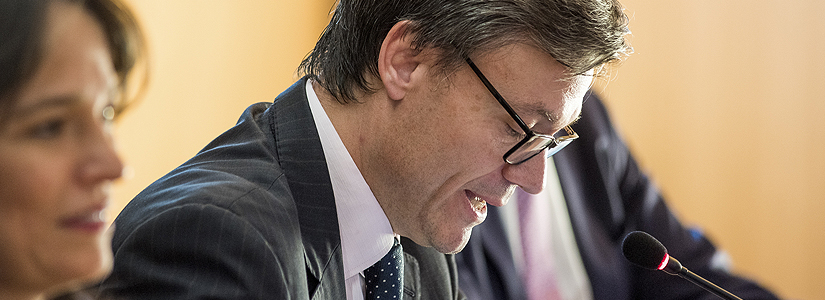
During the Program, class will be given by professors and jurists with recognized trajectory in the research and in the praxis of human rights. Students will be able to engage in conversations and generate debates that will be enriching and educational.
Programme teachers
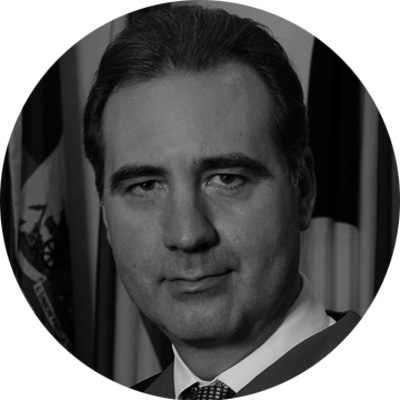
Prof. Dr. Eduardo Ferrer Mac-Gregor
Judge of the Inter-American Court of Human Rights
"It is difficult to think of economic and political integration without the fundamental pillar of respect for human rights. The Inter-American Court has been decisive in strengthening the rule of law and democracy in the region. The standards developed by the Court throughout its history are a beacon to confront complex issues such as forced disappearances, extrajudicial executions, torture, limitations to military jurisdiction, the death penalty, due process, judicial protection, freedom of thought and expression".

Prof. Dr. Amaya Úbeda
Lawyer at committee of Europe
"The European System of Human Rights Protection is the oldest and most sophisticated. Its achievements have served as an impetus for similar developments in many other parts of the world. Today, however, it is facing what many call an "unprecedented crisis". Throughout the lectures we will work on the history, the present and the future of the European System".
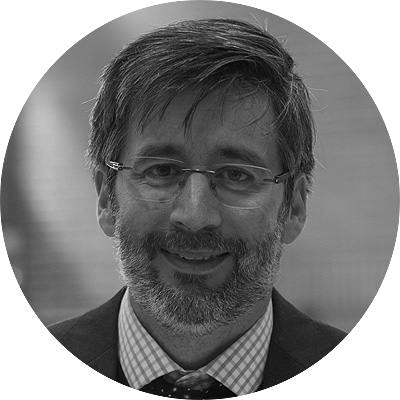
Prof. Mag. Pablo Saavedra
Registrar of the Inter-American Court of Human Rights
"The Inter-American Human Rights System is in a stage of consolidation and, although it may seem paradoxical at first glance, of change. The IPHR classes will allow us to learn about its functioning, its achievements, and also the challenges it faces.
Programme management
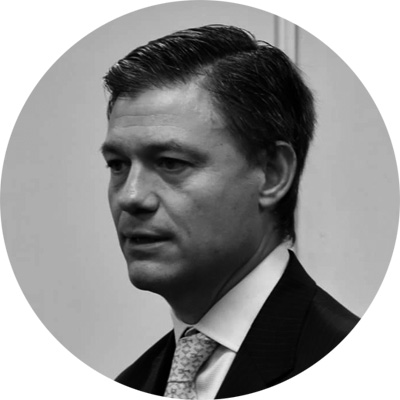
Juan Cianciardo
Director of Master's Degree in Human Rights of the University of Navarre
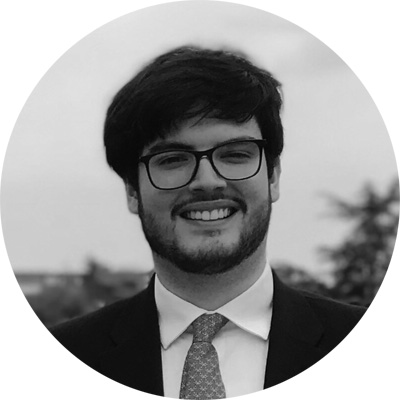
Jorge Machín
attachment to Director of Master's Degree in Human Rights
